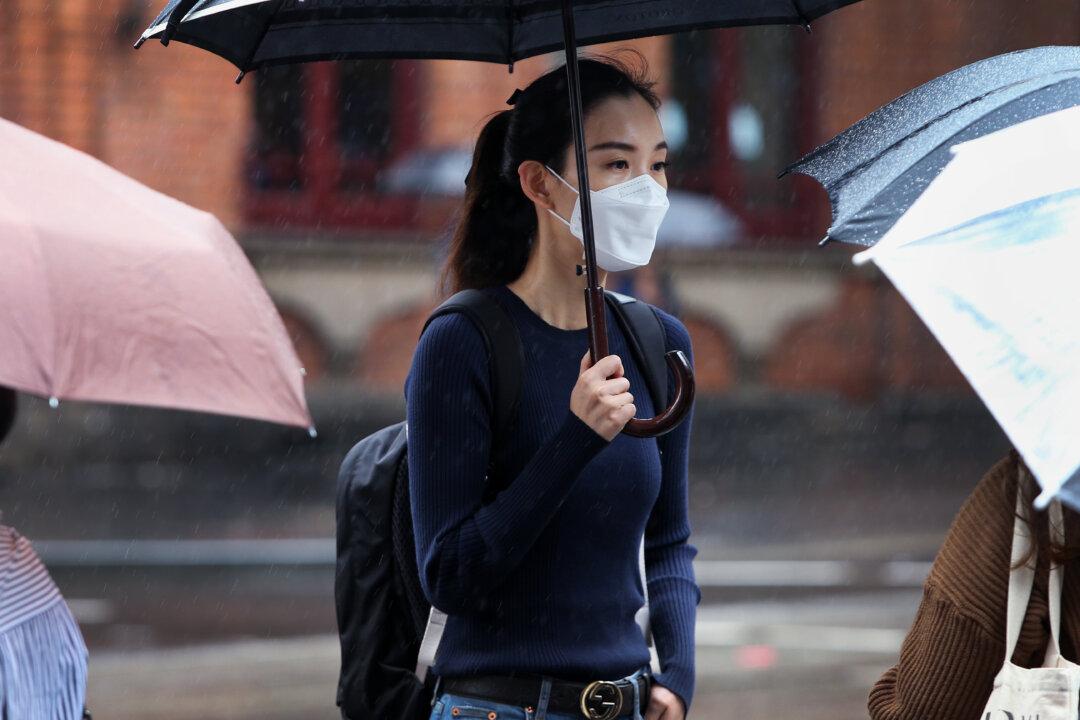Mandatory mask restrictions are in place for many venues across Greater Sydney as New South Wales works to contain COVID-19 outbreaks while avoiding harsh lockdown measures.
The state reported seven new cases of COVID-19 on Saturday, five of which from western and southwestern Sydney and linked to the Berala cluster.





